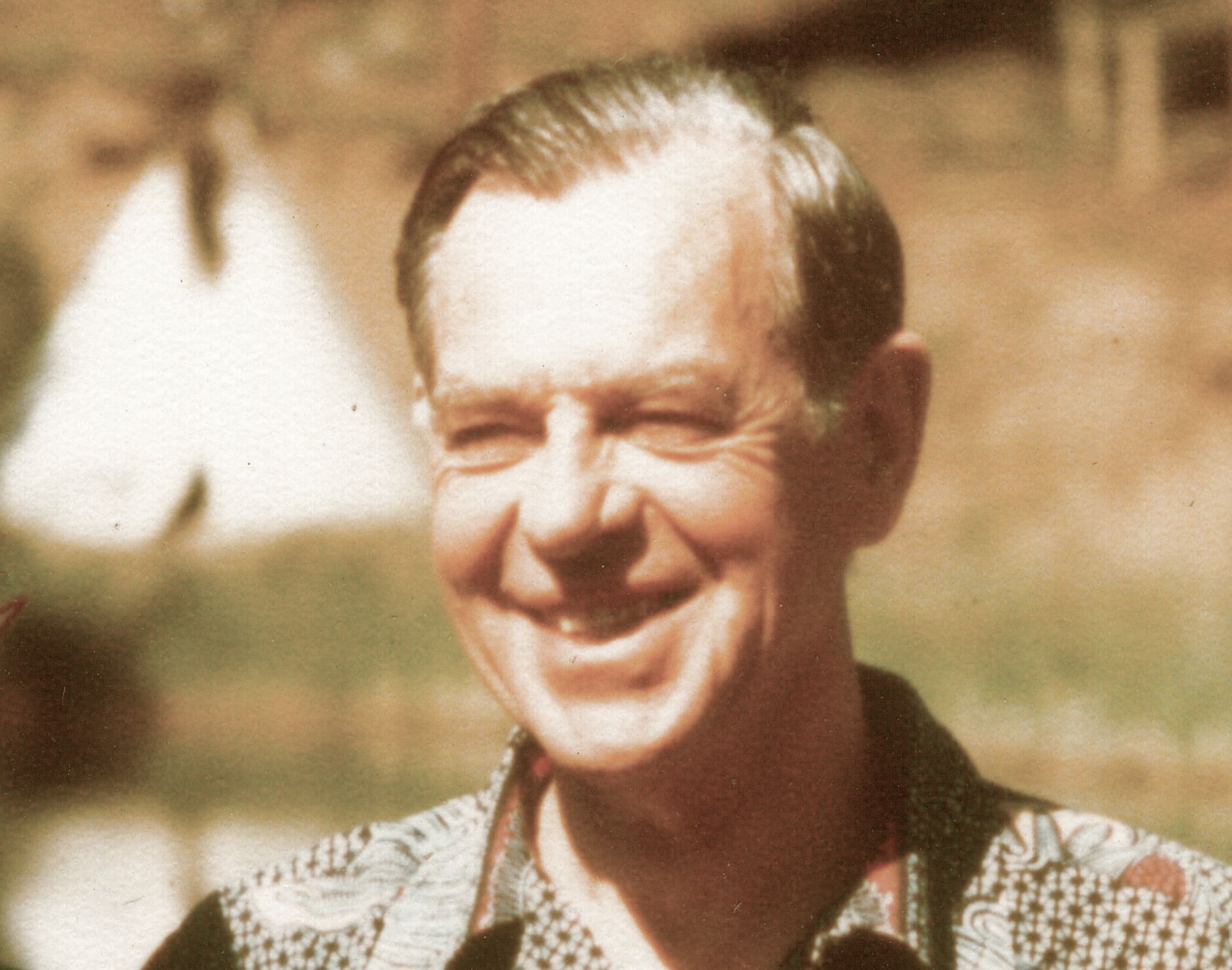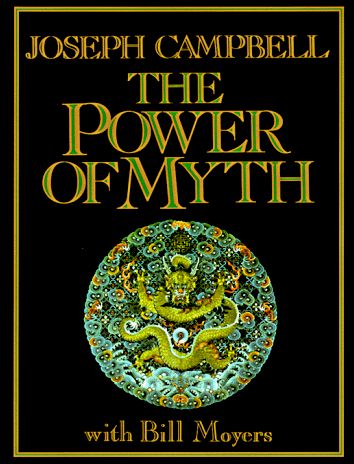Welcome to Afterglow, a newsletter that will change your mind. My name is Charles Bliss and I'm a psychedelic journalist from Norwich, UK.
This week we're using Joseph Campbell's mythological understanding of altered states of consciousness to help us navigate challenging psychedelic experiences. Godspeed!

Myth does not mean a lie.
In modern usage, it often refers to something that is fabricated or false. We see headlines "debunking" myths and exposing these untruths, but in fact we have desecrated the real meaning of myth.
Myths contain profound truths. They point to universal elements of the human condition and help us make sense of dualities like life and death, good and evil, love and hate, peace and war. Reconnecting with myth helps us understand ourselves better, navigate important rites of passage and put mind and body in tune with nature and society — not unlike psychedelic therapy.
Joseph Campbell, an American scholar of mythology, defines myths as stories and metaphors that offer clues to the spiritual potentialities of human life.

In Joseph Campbell and the Power of Myth (1988), a documentary series featuring six one-hour conversations between journalist Bill Moyers and the celebrated mythologist, Campbell says:
All of the references of religious and mythological images are to planes of consciousness or fields of experience that are potential in human spirit.
Myths can therefore broaden our bandwidth and open up the full spectrum of our experience. Campbell has even claimed that myth is the secret opening through which the inexhaustible energies of the cosmos pour into human cultural manifestations.
One of the functions of myth is to evoke the ineffable. It pitches the mind to the great mystery of existence, to what can be known but not told.
It has been well said that mythology is the penultimate truth — penultimate because the ultimate cannot be put into words. It is beyond words, beyond images.
Myths capture what you feel but cannot explain.

But what does myth have to do with the psychedelic experience?
In his book Sacred Knowledge: Psychedelics and Religious Experiences (2015), psychologist William A. Richards explores how analysing archetypal visions that emerge during psychedelic-assisted therapy can be understood using a mythological framework.
The scholarly word for this process of unfolding stories that depict our psychodynamic processes and spiritual quests is myth. Joseph Campbell, one of the great scholars of mythology, titled his first book The Hero with a Thousand Faces. Each of us, he suggested, is a potential hero on a symbolic journey, and one of the faces is therefore yours and one is mine.
To become a hero, however, we must face the challenging psychological phenomena that arise from the unconscious and work to integrate this emotional content into our conscious awareness.
This idea is exemplified by an Iriquois myth that Campbell calls The Refusal of Suitors.
Campbell's commentary on the story can help us understand the psychological journey that takes place during psychedelic-assisted therapy:
She had pulled herself into the transcendent realm and got caught in the negative powers of the abyss and she is being rescued now by the upper powers. What you have done has been to elevate yourself out of the local field and put yourself in the field of higher power, higher danger — and are you going to be able to handle it? If you are not eligible for this place into which you have put yourself, it is going to be a demon marriage. It is going to be a real mess. If you are eligible, it can be a glory that will give you a life that is yours, in your own way.
In other words, you enter a higher realm (psychedelic consciousness). If you are not prepared for it, you will encounter a demon (bad trip). But if you can confront the demon, you will experience a god and become a hero (breakthrough).
In Sacred Knowledge, Richards instructs psychonauts to go "in and through" the experience no matter what comes to the surface. This will help to ensure that difficult psychological material is dealt with.
What is so important here is the discovery that the monster has meaning and in itself is an invitation to enhanced psychological health and spiritual maturation. Its purpose is not to torment, but to teach.
Confronting visionary manifestations helps to alleviate anxiety, facilitate insight and resolve psychological conflicts. Richards continues:
Thus, should one encounter a visionary demon, dragon, monster, or bogeyman, one, if well prepared, will steadily and intentionally move toward the manifestation with eye contact if possible, essentially saying, "Hello. Are you ever scary! Why are you here? What are you made of? What might I learn from you?"
Campbell states that this idea is also prevalent in religious iconography.
In Buddhist systems, more especially those of Tibet, the meditation Buddhas appear in two aspects, one peaceful and the other wrathful. If you are clinging fiercely to your ego and its little temporal world of sorrows and joys, hanging on for dear life, it will be the wrathful aspect of the deity that appears. It will seem terrifying. But the moment your ego yields and gives up, that same meditation Buddha is experienced as a bestower of bliss.
In concordance with R. Gordon Wasson's statement that "ecstasy is not fun", Campbell warns of the risks of such a journey:
It is a terrifying experience to have your consciousness transformed.
This underscores the importance of undergoing the psychedelic experience with a trip sitter and preferably a trained guide. Preparation and integration are absolutely essential to navigate the new modes of consciousness attained.
This will ensure that any "bad trip" is channeled positively and affords insights into your personality and life history — rendering the experience challenging but ultimately worthwhile, even meaningful.
What demons have you encountered and overcome?
Charles Bliss
The #Psychedelic Adventures of Winnie-the-Pooh.https://t.co/qD7xFzcsVt
— Charles Bliss (@thecharlesbliss) August 12, 2022
🤯 Mind at Large
A breakdown of mind-blowing ideas I encountered this week:
📖 Book – Encounter with the Self by Edward F. Edinger. This short volume combines William Blake's Illustrations of the Book of Job with Carl Gustav Jung's Answer to Job.
🎙 Podcast – Terence McKenna's Tryptamine Hallucinogen Consciousness Lecture at The Esalen Institute. From this weird and wonderful talk I learned the word theophagy, which refers to the sacramental eating of a god.
"You may not like what psychedelics do to you. They may terrify you. But if it terrifies you, then surely it must have catalysed your imagination — otherwise you wouldn't have known that terror!”
Terence McKenna
🫠 Enjoying this newsletter?
Forward to a friend and let them know where they can subscribe.
